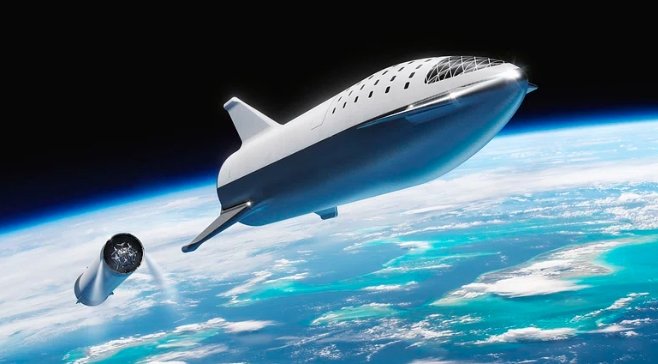A new leader for the U.S. military’s space force
On January 10, 2024, General Stephen N. Whiting assumed command of the U.S. Space Command (USSPACECOM), succeeding General James H. Dickinson, who retired after three years in the position. The change of command ceremony took place at Peterson Space Force Base in Colorado Springs, where Deputy Defense Secretary Kathleen Hicks presided over the event.
Whiting is a distinguished graduate of the Air Force Academy in 1989 and has served in various leadership roles throughout his career. He was previously the commander of the Space Operations Command (SOCOM), which is responsible for preparing, generating and sustaining combat-ready intelligence, cyber, space and combat support forces.
As USSPACECOM commander, Whiting will oversee all U.S. military activities in space and ensure that they are aligned with national security objectives and deterrence posture. He will also lead a team of more than 50,000 personnel from all branches of service and work closely with allies and partners to advance a free and open space environment.
The importance of space for military operations
Space has become a vital domain for military operations in recent years, as adversaries such as China and Russia have demonstrated their capabilities to challenge U.S. interests and assets in orbit and beyond. According to Hicks, who spoke at the ceremony, “space is integral to military operations” and “our competitors know it”.

She added that USSPACECOM is committed to preventing conflict through deterrence by making clear to potential adversaries that the cost of aggression would far outweigh any conceivable benefits. She also praised Whiting’s leadership skills and experience, saying that he has “a sober appreciation of the tremendous responsibilities placed on our shoulders to ensure that space remains a sustainable, safe, stable and secure domain for all humankind”.
Whiting echoed Hicks’ sentiments during his remarks at the ceremony, saying that he is honored to lead USSPACECOM and its patriots. He also expressed his gratitude to Dickinson for his service and mentorship, saying that he learned a lot from him during their time together.
Whiting also outlined some of his priorities for USSPACECOM as he takes over command from Dickinson. He said that he wants to focus on enhancing readiness, modernizing capabilities, strengthening partnerships, fostering innovation and advancing diversity within the force.
A new era for U.S. space leadership
Whiting’s appointment as USSPACECOM commander marks a significant transition in U.S. space leadership at a time when space activities are rapidly evolving due to technological advancements and geopolitical tensions.
Whiting joins a growing number of senior military leaders who have been appointed or promoted to head up new or existing commands related to space or other domains such as cyberspace or artificial intelligence.
Some examples include:
- Lieutenant General David N. Miller becoming the commander of SPOC on January 11.
- Lieutenant General John W. Raymond becoming the commander of Cyber Command on December 15.
- Admiral Charles Richard becoming the commander of U.S. Indo-Pacific Command on November 30.
- Admiral Michael Gilday becoming the chief of naval operations on November 1.
These appointments reflect President Biden’s vision for transforming America’s military into a more agile, innovative and lethal force that can compete with emerging threats in multiple domains.
Whiting’s role as USSPACECOM commander is especially important given his expertise in both air power and space operations. He will have to balance competing demands from different services and combatant commands while ensuring coherence and coordination across all domains.
Whiting will also have to navigate complex challenges such as managing multiple satellites in orbit without causing collisions or interference; developing new technologies such as hypersonic weapons or quantum communications; addressing ethical issues such as lethal autonomous weapons or cyber warfare; and engaging with international organizations such as NATO or UN agencies on space governance issues.
Whiting will face these challenges with confidence and competence, guided by his motto: “Lead with vision”. He will lead USSPACECOM with vision by setting clear goals, inspiring trust among allies and partners, empowering subordinates with autonomy and innovation, fostering collaboration across disciplines and sectors, promoting excellence through training and education, ensuring accountability through oversight and transparency, protecting readiness through investment and maintenance.














